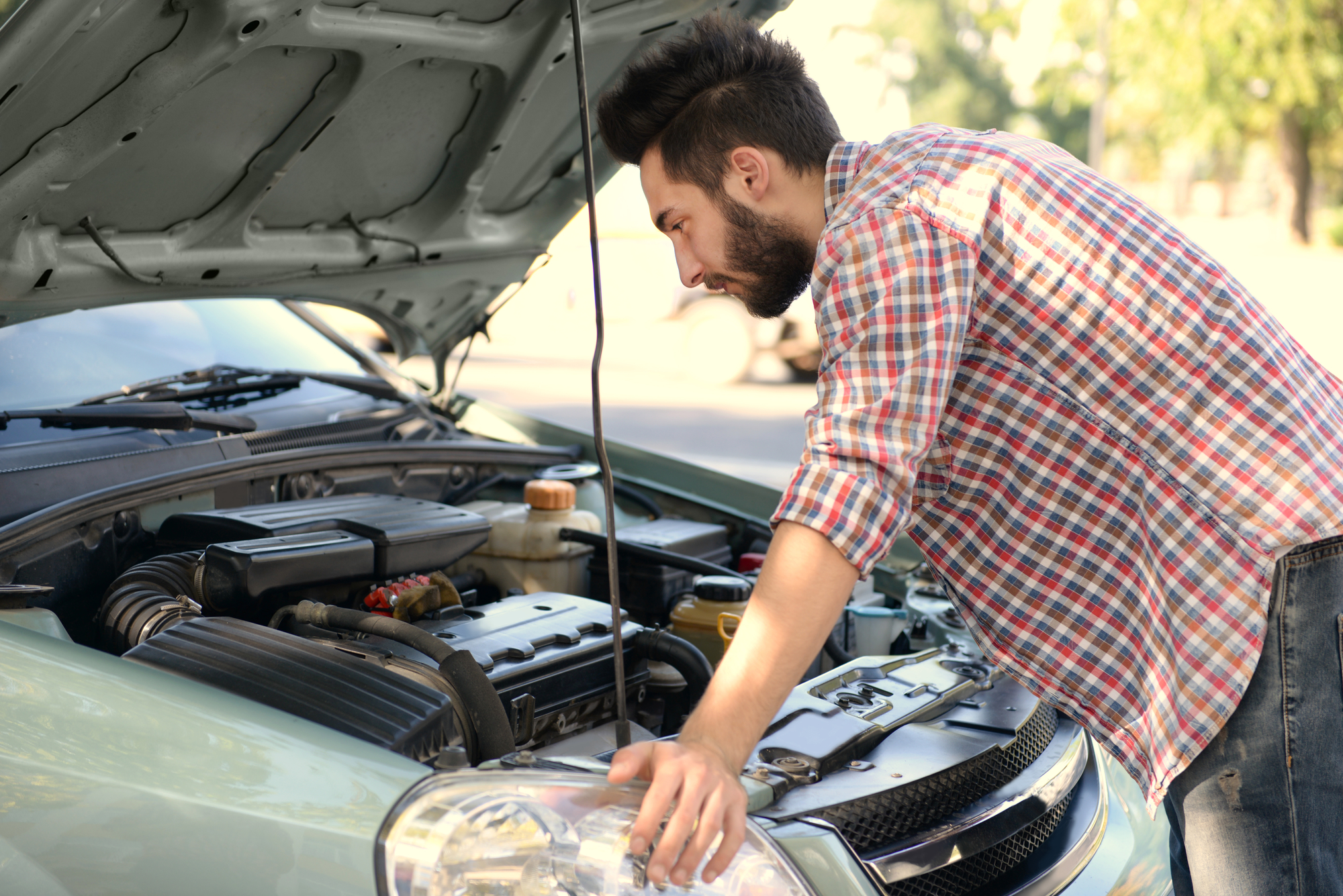With lockdown restrictions easing and life slowly returning to normal, whether that be resuming the school run or daily commute, your vehicle may well have been sat completely idle or rarely used for possibly weeks on end, so it’s important to make sure it is fit for use before heading out on the road again. That’s why we at CarCliq have put together some simple checks to carry out before using your car that will certainly come in handy, whether you’re coming out of a global pandemic or not.

Tyres: It’s vital tyres are still in good condition as they’re the only thing connecting you with the road.
- Check the pressure of your tyres - even when a car isn’t being driven, its tyres can still lose pressure, meaning they may be underinflated when you get back onto the road. You can find the optimum pressure in the owner’s handbook and use a pressure gauge to ensure your tyres are properly inflated.
- You should also check the overall condition of your tyres as they can harden, leading to the sidewalls cracking after going unused for extensive periods. Any worn or damaged tyres should be replaced as they will have less traction on the road.
Fluid levels: Checking fluid levels should be a regular part of car ownership.
- If your car has gone unused for several weeks then it’s even more important that you check if the oil, brake fluid, engine coolant and screenwash need topping up.
Battery: On average, car batteries generally last around 5 years.
- However, if your car hasn’t moved for weeks or if it’s only been taken out for very short journeys, it’s possible that the battery could be flat. You don’t want to discover this at the last minute so check it well in advance of taking your car out, giving yourself plenty of time to replace the battery if it’s flat. For tips on jump starting a car, click here.
Lights: The days may be getting longer but it’s still important to check your car is properly illuminated and visible to other road users.
- Take a moment to check that all of your lights are still in working order – this should be done on a regular basis anyway, but that means headlights, brake lights as well as reverse, hazards/indicators and even your number plate lights all need to be working in order to keep you safe and visible on the road.
Brakes: Brakes quickly develop a film of rust on the discs when a vehicle isn’t used regularly.
- This is usually just a thin layer but it will affect your car’s braking initially and you’ll notice it in a grinding noise. Remember to pull away slowly, while carefully applying the brakes a few times will help clear the rust.
Debris: When a vehicle isn’t used for an extended period, it can easily begin to gather dirt and debris.
- Make sure to inspect the grille, beneath the windscreen and underneath the bonnet for any debris before setting off as small items like twigs and leaves can gather in the air intakes and other gaps and have the potential to catch fire in a hot engine bay.
- Your car is also likely to be dirty after a long period of inactivity. A dirty windscreen or lights can cause serious visibility problems so be sure they are clean before heading off to stay safe and on the right side of the law.
Paperwork: Be sure that paperwork is valid and up-to-date even with some lockdown exemptions still in place.
- The Government announced a six-month exemption to M.O.T testing back in March, meaning vehicles with an M.O.T due to expire from March 30th were given an automatic extension. However, it’s important to ensure that your vehicle definitely has a valid M.O.T certificate before hitting the road as driving without one carries a fine of £1,000.
- If you made a Statutory Off Road Notice (SORN) on your car during lockdown, it’s important to tax it again before using it.
- Ensure that your car insurance cover is back in place before driving especially if you suspended or cancelled it to save some money.
Don’t set straight off: Give your vehicle time to warm up
- If your car hasn’t been used at all since March or your engine hasn’t run for a prolonged period, it’s a good idea to give it some time to warm up first. Once you’ve turned the ignition, don’t even rev it, just let it idle for a few minutes before you set off – but remember to remain in your car as it’s against the law to leave your vehicle unattended with the engine running!
We hope you now know what important checks you should carry out before you get in your car and take to the road - particularly if your vehicles hasn’t been used in a quite some time. However, the majority of the essential checks listed should be carried out on a regular basis to ensure that your vehicle is roadworthy and complies with regulations, ensuring that you and your passengers stay safe when out and about on the road.
Will you be carrying out these essential checks before you hit the road? Let us know via our social media channels.
Other CarCliq articles that might interest you:
8 Essentials To Keep In Your Car
For more CarCliq Guides, click here.